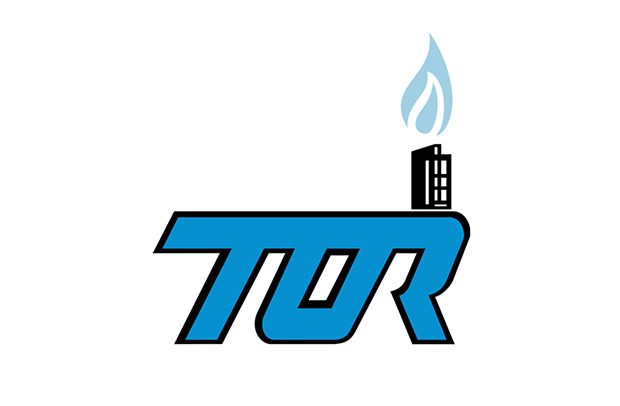
Senior Manager, Compliance at Stanbic Bank Ghana, Barbara Dede Okai-Tettey, has highlighted the urgent need for risk and compliance managers to adapt to the rapidly evolving digital landscape.
She said this at the Risk Summit Africa 2024 held in Accra when she spoke on the topic ‘The Compliance Function in the Digital Age: A Future-Fit Approach.’
Ms. Okai-Tettey elaborated on the contrasting demands on corporate entities in the digital age. She mentioned that on one side, consumers are increasingly seeking seamless, round-the-clock access to internet services and tailored solutions. On the other side there is growing preference for flexible payment options devoid of the cumbersome bureaucracy of traditional systems. She, therefore, encouraged established institutions to rethink their product and service development strategies.
She said “The introduction of Fintechs into the financial ecosystem has changed the dynamics. Fintech companies are swift, technologically adept, and have significantly altered our operational paradigms. We must evolve our approaches or risk obsolescence.”
“The traditional banking approach, characterised by limited access and reliance on physical cash, contrasts sharply with the agility and customer-centric models of fintech and insurance firms.
“These newer entities offer flexible, mobile-accessible options that appeal to modern consumers. Compliance must evolve, not just from a risk perspective but also from an advisory role. It is important to protect the business while adapting to changing times,” she added
Ms. Okai-Tettey outlined the core mandate of compliance, which is to safeguard institutions against regulatory infractions, which can result in severe penalties, fines, or even license revocations. She further encouraged Risk and Compliance practitioners to be agile in adapting to technological innovation while adhering to the fundamentals of the profession to be trustworthy.
“To be a trusted partner in the digital age, compliance officers need to understand the principles underpinning the digital economy. This includes comprehending the functionalities and risks associated with fintech products, thereby enabling them to provide cutting-edge advice and creative solutions,” she said.
Many compliance functions are currently navigating the transition from traditional to modern approaches. The goal is to achieve a balance that protects the business while allowing it to thrive and compete effectively in the market. The future of a successful compliance function lies in striking the optimal balance between regulatory adherence and business innovation.
The Risk Summit Africa is a conference dedicated to the fields of Governance, Risk, Compliance, and Audit across the African continent. This summit serves as a gathering point for professionals, experts, and thought leaders hailing from diverse industries, encompassing finance, insurance, healthcare, cybersecurity, and more.
“Together, they converge to address pressing issues in the domains of governance, risk, compliance, audit, security, and business continuity. The 2024 edition of Risk Summit Africa was held under the theme, ‘Resilience in Uncertainty: Charting the Path Forward.’
The post Risk and compliance managers must adapt to digitisation appeared first on The Business & Financial Times.
Read Full Story














Facebook
Twitter
Pinterest
Instagram
Google+
YouTube
LinkedIn
RSS